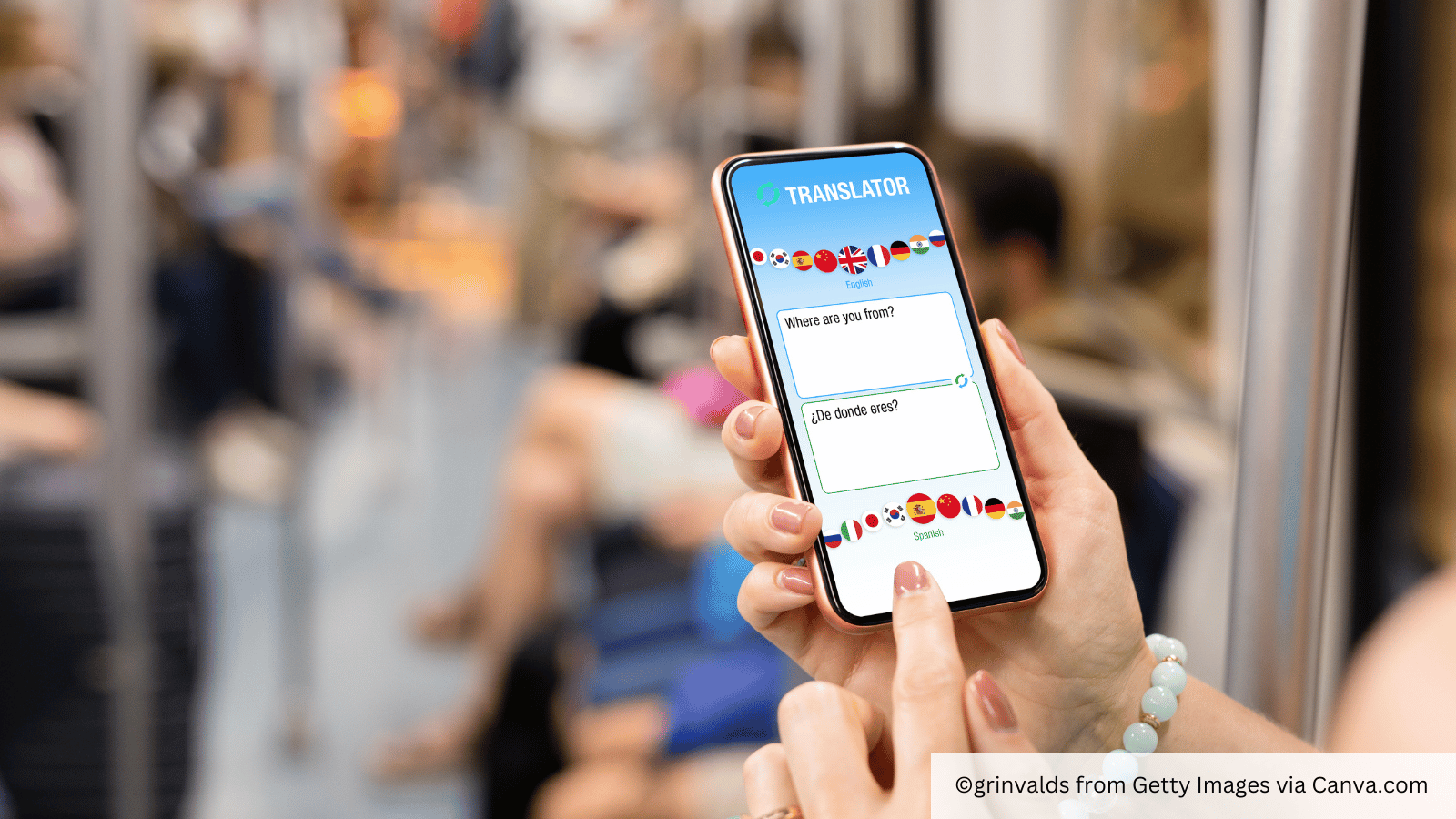Language is essential to communications, but it seems that some people still underestimate the power it has. Choosing the right words and crafting compelling messaging is key to success in PR and communications efforts both at home and in international markets.
Just think, business schools and universities all over the world are already shaping the next generation through communicating, whether this is through lectures and seminars, or through sharing their faculties’ expertise and research in the media.
But, in the business and higher education sector, one barrier that could affect your campaign is just how international the industry is. Business schools and universities are arguably more global than ever before, with multiple campuses, opportunities and scholarships for students to study abroad, and technology to allow collaboration between individuals in multiple countries.
Yet with all these positives, comes the question of whether or not to communicate to international journalists and prospective students in their mother tongue. As a global institution, you would like to (and should) reach out to journalists and promote your school internationally, and many journalists all around the world do speak English, however if you want to try reaching out in their language in order to demonstrate an understanding of individuals and cultures, then that’s doable too!
It's not as complex as learning a whole new language (from experience, this takes some time!) so here are some tips on how you can secure international media opportunities if you can’t speak multiple languages:
Use a translator
There are two ways you can go about this, you can either use an online translator, or hire someone to translate for you. In my experience, most media opportunities can be secured over email as journalists are often too busy to answer the phone, therefore an online translator can suffice.
I wouldn’t recommend Google Translate. This is because it translates words very literally and the translations are often slightly incorrect, and this would not make you look good to journalists that you want to impress. Instead, I highly recommend Deepl! I’ve found that it provides largely accurate and natural sounding translation because it is able to identify nuances in text.
I personally use Deepl to regularly pitch to journalists, and it has been effective thus far. I do disclose that I have used a translator just in case, but there has never been a problem.
However, I understand that not everyone feels comfortable with this, so there is the option of hiring an individual to translate things for you. This way you know they will give you the correct translation, and understand any cultural nuances – it provides you with the extra security that you’re being accurate.
That being said, sometimes, this can be an additional cost that just can’t be covered which brings me to my next point.
Have a diverse team
As I said before, business schools and universities are international institutions, which means that your team will likely be just as diverse. Use this opportunity to utilise the team you have around you, here at BlueSky Education we have members of the team that are fluent in French, Spanish and numerous other languages and we support each other with securing media opportunities internationally. Whether that is proofing pitches I’ve written either through Deepl, or when I’ve used my basic level of German! Or even liaising with the journalist on my behalf.
Working within a diverse, helpful team – or utilising ours – will allow you to extend your reach.
Utilise social media
Now that you know how to communicate with journalists, how do you find them? Most journalists are on some form of social media, but I find that the most popular platform is X (formerly Twitter). It has become widely common on X, that if a journalist has a request, they use several hashtags, for example: #journorequest #PRrequest – and if it’s in a different language, X has a translator tool for you to use.
For me personally, I also use social media to build relationships with journalists, and this is something that could be effective for you too. By using the tools above, you can engage with journalists either by having a discussion with them about an article they wrote, or sharing it with your thoughts. In the long term, this will be beneficial as they’ll know you and be more willing to come to you for faculty expertise/research etc. for their articles.
In sum, it is possible to achieve international media coverage if you don’t speak the language, but if you’d like support with this, get in touch today!
Katie is an Account Manager at BlueSky Education.
She is an education communications specialist with journalistic flair thanks to a degree in Multimedia Journalism and a stint as a reporter at the Financial Times.






